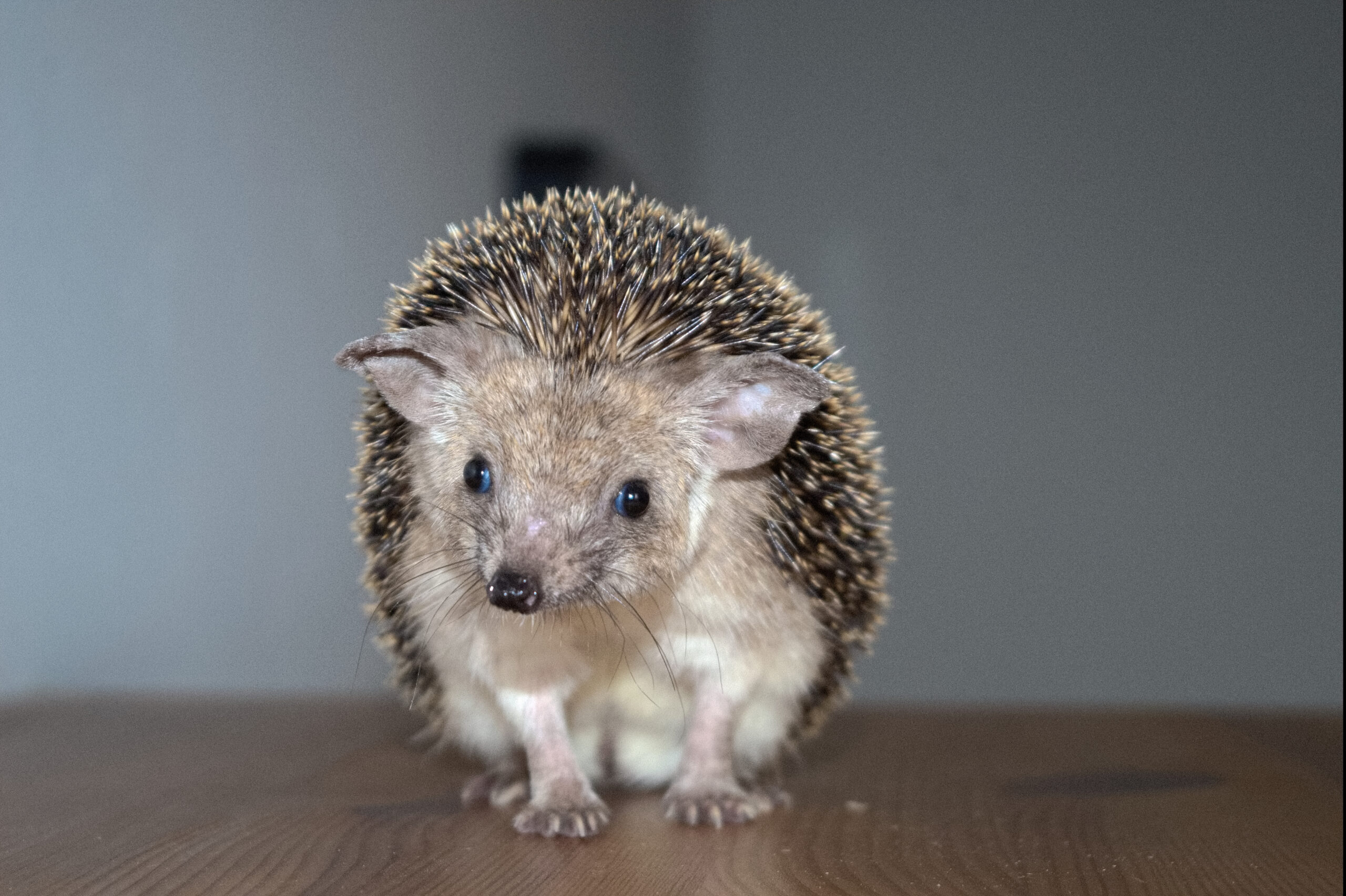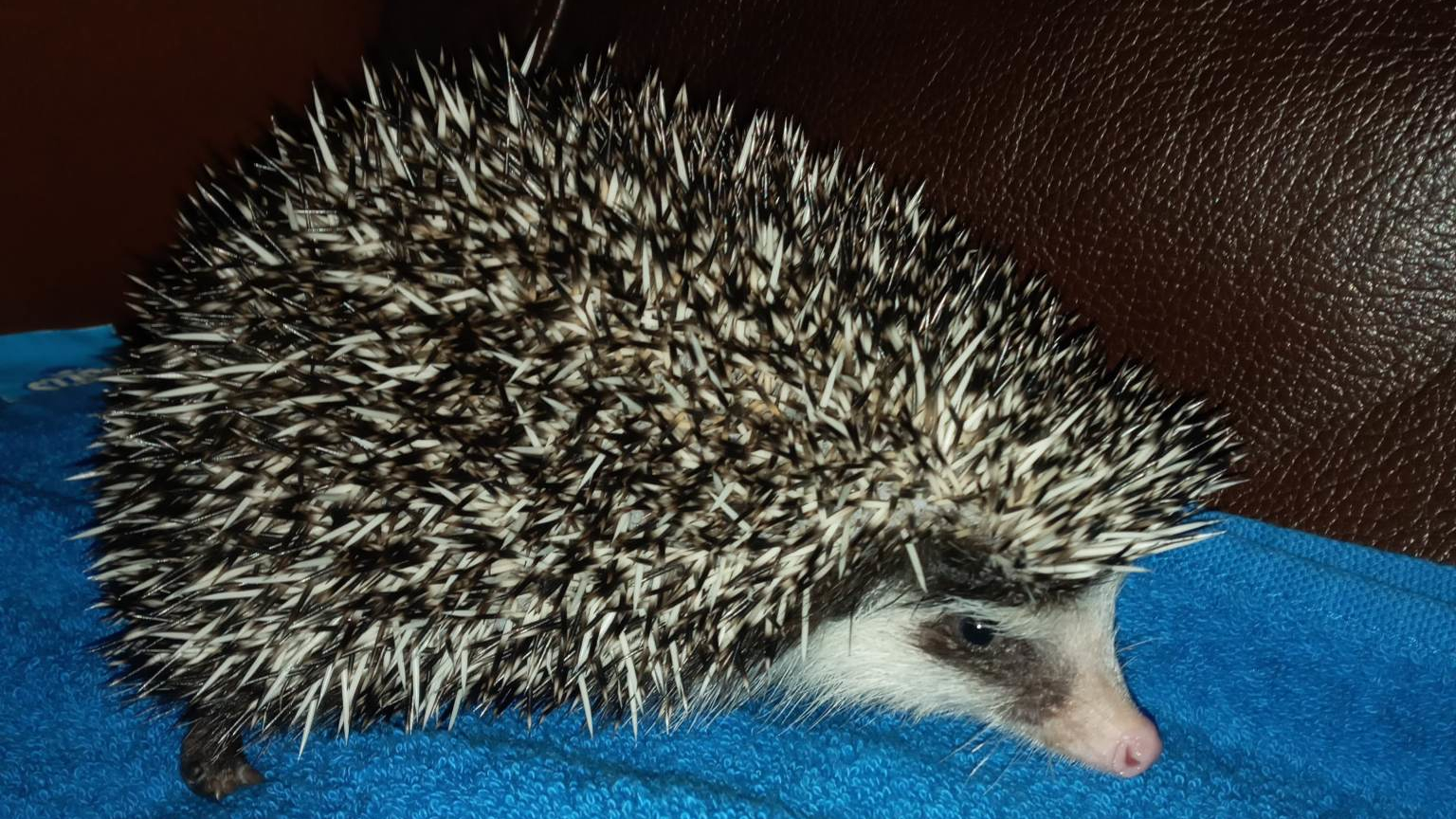European hedgehogs are wreaking havoc in New Zealand
If you find yourself in New Zealand, you might see a hedgehog snuffling around… But it won’t be a native species!
European hedgehogs were originally introduced to New Zealand by settlers in the 1800s in order to help control garden pests and remind them of their homeland. Unfortunately, as more and more hedgehogs appeared, people soon began to lose track of them, leading to a population boom of invasive hedgehogs out in the wild.
In their natural habitat, European hedgehogs have a range of natural predators like foxes and badgers, which ensure that populations are kept to a reasonable level. However, these predators don’t exist in New Zealand, meaning that hedgehogs are free to thrive and multiply unchecked – and they really have multiplied.
This could be viewed as a positive thing for hedgehogs, particularly in countries like the United Kingdom where rural hedgehog populations have been in decline for decades, but New Zealand’s endemic wildlife is suffering as a result. Native ground-nesting bird populations are dwindling due to hedgehogs devouring their eggs, while wētā (a large flightless cricket, many species of which are threatened or endangered) are also being eaten by hedgehogs at an alarming rate: according to PHD candidate Nick Foster, “one study found 283 wētā legs in a single hedgehog stomach… in a 24-hour period this hedgehog has guzzled up 60 or so animals”.
Some have suggested transporting these hedgehogs back to the UK, where the species is classed as vulnerable to extinction, but this solution has unfortunately been dismissed.
Hedgehogs aren’t letting this get them down though. Not only are European hedgehogs blissfully wreaking havoc in terms of New Zealand’s native wildlife, they’re also starting to cause mischief that impacts human lives as well! Just last month a hedgehog wandering onto the runway, causing a flight delay – “an announcement that I’ve never had to make before“, according to the captain.
Article by Sarah Bessie.




